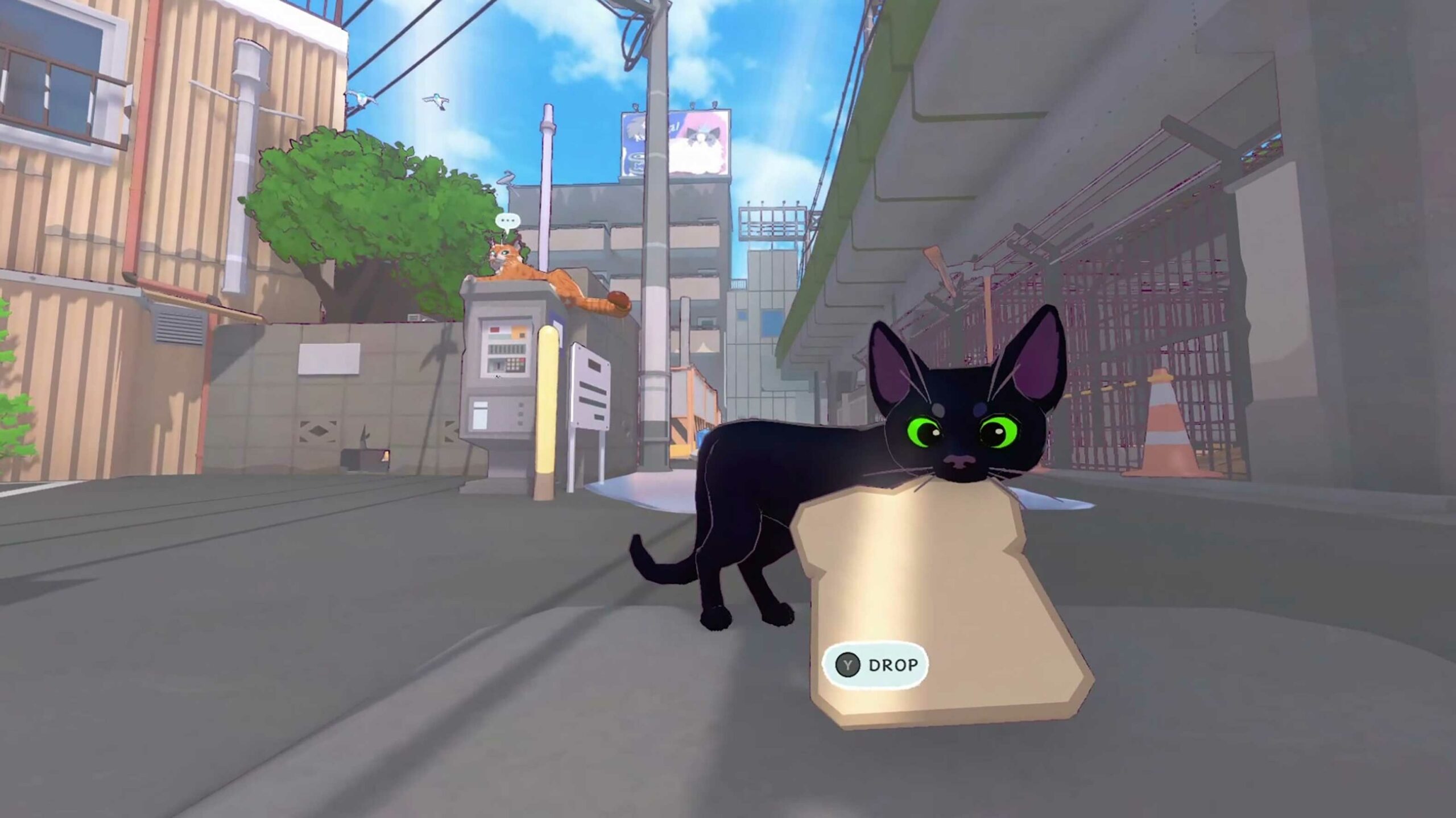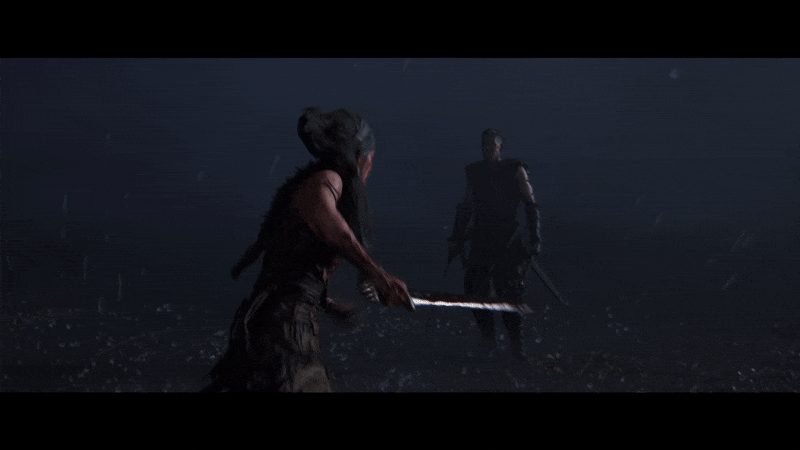The reviewer's primary complaint for the sequel was the fact that Senua's struggle to deal with the mental healthy issues was over and there was really very little point for the sequel. If that was the crux of the first game then I can certainly understand his point. And he is right. The voices inside Senua's head in the sequel are barely ever acknowledged. They are just.....there. You can disagree with the reviewer on this, but he gave concrete reasons for his score.
"I would go further, though, and argue that
Hellblade II actively harms the franchise’s standing as a well-researched and sympathetic portrayal of mental health. The original lucidly visualized the invisible demons that people with mental health struggles deal with on a daily basis. Although it ultimately taught us to see Senua’s psychosis as a feature rather than a bug, it didn’t mince words about how self-destructive the mind can be, and how torturous such an existence often is."

gamecritics.com
Sorry, but that's just bullshit. Simply stating the fact that Ninja Theory was acquired by Microsoft is not proof that it influenced the score. GameSpot is merely suggesting that Hellblade may be a new series under the Microsoft banner. How in the world you read that as the reviewer knocking off points simply for being acquired by MS is beyond me.
Did you even read what was said in the first review about the acquisition? He said he "credited" Ninja Theory for not being influenced by corporate interests after the acquisition and sticking to the same formula.
"One might expect Ninja Theory’s first major release under the Microsoft banner to be their most bloated, but initially it almost feels praiseworthy for what it
doesn’t do. There’s no open world, no resource gathering or crafting, no skill tree that adds an extra 3% damage to Senua’s strong attacks, and no upgradable bracer that increases her parry window by a fraction of a millisecond."

gamecritics.com
You really need to read the reviews and stop looking for two words as some contrived "gotcha". Factually, the reviews are not making the statement you claim they are making.







